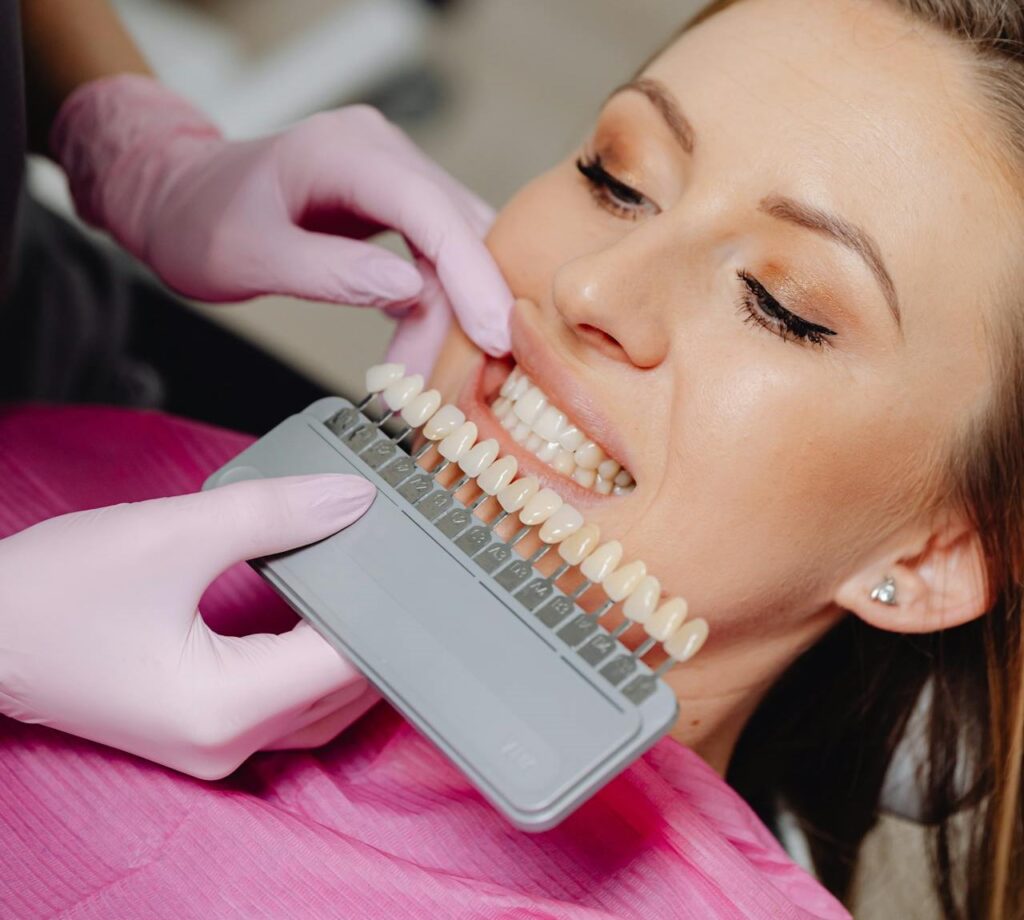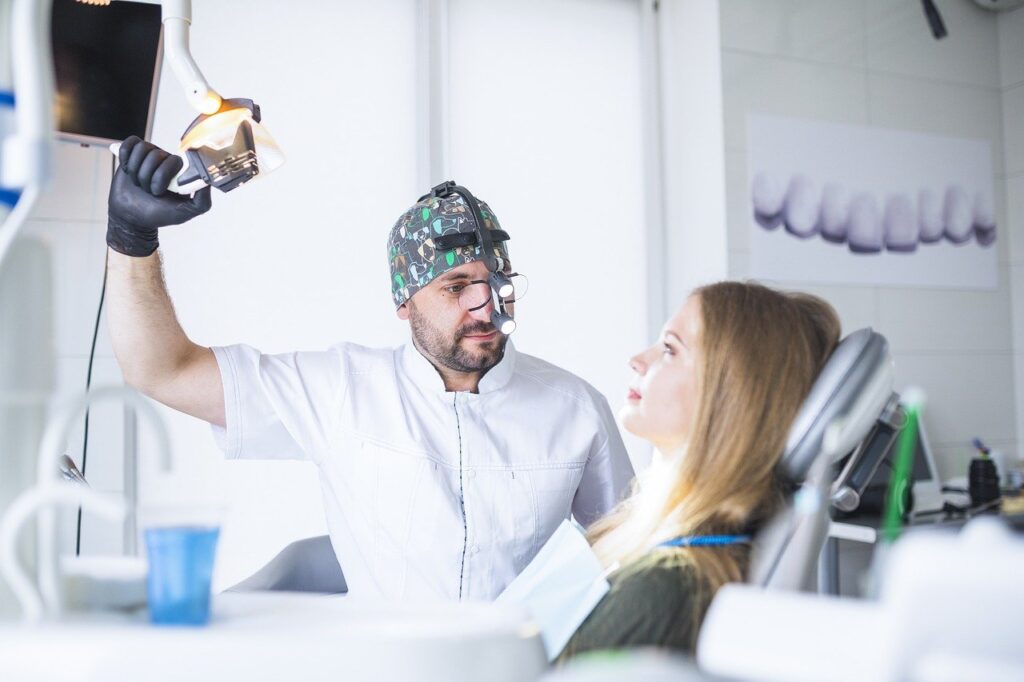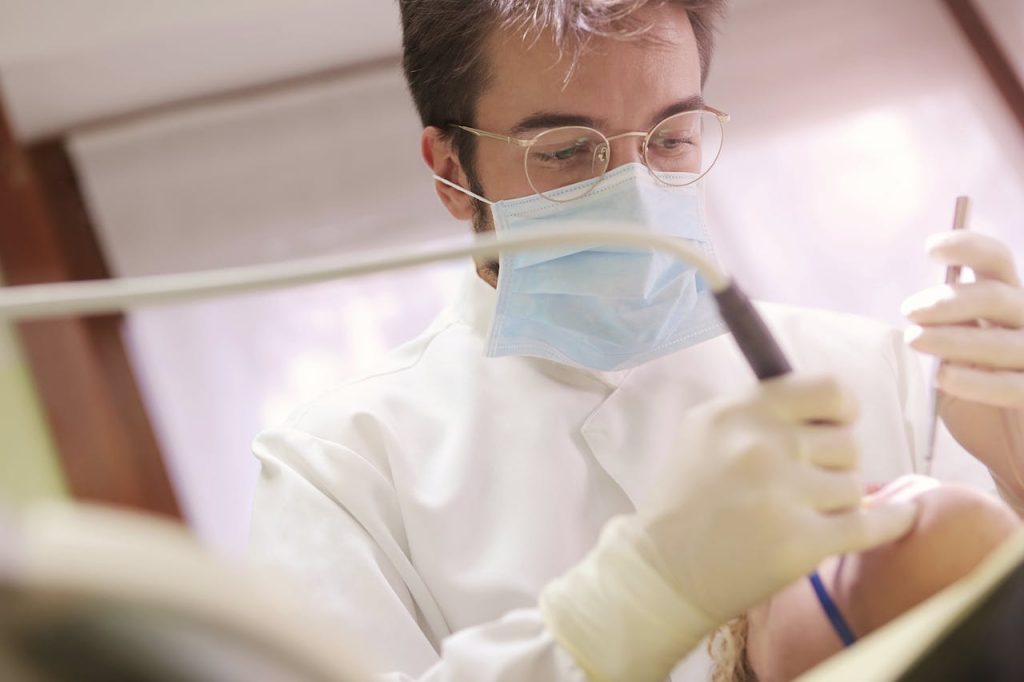Maintaining good oral health is essential, but in the U.S., dental care costs can be overwhelming—especially if you’re facing an urgent procedure without insurance or savings. The good news is that various options exist to make treatment more accessible, from government programs to flexible dental financing options for patients with limited funds. This guide will explore practical steps, real-life examples, and solutions to help you find affordable care without compromising quality.
Most Popular Dental Procedures
Knowing which dental procedures are most important and how much they are is better so you can set priorities if you have little or no money. Here’s a checklist that you can keep in mind:
- Regular checkups and cleanings. These are the best for defense against major dental problems. Routine cleaning can help catch issues early. Сost ranges from $75 to $200 per visit.
- Fillings. They stop further decay and protect teeth if they have cavities. The price depends on the material (amalgam or composite) and is $100-$300 per filling.
- Extractions. Removal of a severely damaged tooth is needed to prevent the spread of infection. Simple extractions cost less than surgical ones, such as wisdom teeth removed, and the price is from $75 to $300 per tooth.
- Root Canals. They are used to save a tooth with an infected or badly inflamed nerve. The cost ranges from $700 to $1,500 per tooth, depending on complexity and whether it’s a front or back.
- Crowns. It is a cap that covers a damaged or decayed tooth to restore its strength and function. Prices vary based on the type of crown (porcelain, ceramic, metal, or a combination) and can reach $800-$2,000 per crown.
- Dentures. They replace multiple missing teeth and come in different forms (full or partial). The price is $600-$1,500 for partial dentures and $1,000-$3,000 for full dentures.
- Bridges. A dental bridge fills the gap caused by one or more missing teeth. It’s held in place by crowns on neighboring teeth or implants. You might pay from $1,500 to $3,000 per bridge section.

I Need Dental Work but Have No Money – Where to Get Free or Low-Cost Care?
Many people in the U.S. struggle with the high cost of dental procedures, thinking: “I can’t afford dental work. What should I do?”. The important thing is not to lose hope. You can often find care at little or no cost. Here are some options:
Community Health Clinics
These clinics receive funding from government agencies, such as the Department of Health and Human Services, nonprofits, or donations to help people with limited income or no insurance. Many provide basic services like cleanings, exams, fillings, and emergency care. Some clinics might even offer more advanced treatments.
Contact your county health department, such as the Department of Public Health, or visit official city and state websites to locate nearby clinics. Each health center determines its fees using your household income. Some charge a fixed rate, and others accept payments based on your ability to pay. If you explain your financial situation, staff can clarify required documents, estimate wait times, often under 30 days, and verify qualification for free treatment.
Dental Schools and Training Programs
Dental schools are among the best-kept secrets for affordable oral care in the United States. Students at these schools need hands-on experience, and they work under the close supervision of licensed dentists. You might have to spend more time because the students learn as they go, but you also have reduced costs.
Dental schools have programs ranging from cleanings and fillings to more advanced treatments, such as root canals or certain surgeries. Each school sets its pricing, so it helps to call around and compare. You can find dental schools in most states, often at major universities.
Government Assistance Programs
You could qualify for government assistance programs that cover or reduce dental expenses depending on your income, age, and family situation. Medicaid is a joint federal and state program that might pay for certain procedures. Children’s Health Insurance Program covers dental care for children in families earning too much to qualify for Medicaid but still needing help.
Medicare, aimed at older adults, does not cover routine dental work but can offer partial coverage in specific medical circumstances. If you qualify, it can be a huge relief. The process can take time, so it’s smart to begin early.
Charitable Organizations and Nonprofits
Many charities and nonprofits provide dental aid for low-income individuals or uninsured people. Your local community center, church, or social services office might know about these resources. Organizations like Dentistry From The Heart advertise free dental events in different parts of the country. You can check online to find nonprofits dedicated to oral health. They might require applications, so be prepared with any documents they need to see if you meet their criteria.
Local Dental Vouchers or Church-Funded Programs
These lesser-known options can offer a direct and welcoming solution if you live near a supportive faith-based community. Many churches offer programs that cover services like cleanings or extractions. The best way to find these programs is to talk to community leaders, such as pastors or social workers. They might know which dental offices accept vouchers and what you must do to apply.

Financing and Alternative Payment Methods
If, for some reason, you cannot get government or charity assistance and you have the thought: “I need to have a tooth pulled, but I can’t afford it,” then there are different types of payment plans and options to choose from:
Payment Plans & In-House Financing
Some dental clinics let you set up a payment plan with them directly. It is known as in-house financing. It often features lower or zero interest for a set period. The dentist’s office examines your financial situation and creates a plan you can cover. You might have to pay a deposit, but you avoid bank requirements.
Confirm how long you have to pay off the balance and what happens if a payment is late. In-house financing can be very flexible. It is popular among patients without insurance because it makes large procedures more manageable.
Personal Loans
A personal loan from a bank, credit union, or online lender is another way to cover high dental bills. You receive a lump sum of money, up to $50,000, and pay it back in installments. The interest rate depends on factors such as your credit score, income, and the lender’s policies, but it varies from 6% to 36%. Always ask about the total cost of the loan, how long you have to repay it, and if there are penalties for paying it off early.
Dental Credit Cards
Many practices across the United States accept dental credit cards, such as CareCredit. They give you a short-term no-interest period, which can be helpful if you can pay off the balance within that time. If not, the interest rate can rise. The approval process is faster than a regular bank loan. Remember that the overall cost can become a problem if you miss payments. Still, for people who plan carefully, these cards are a quick way to get dental help.
Crowdfunding for Dental Costs
Crowdfunding services are a popular way to gather money for medical and dental expenses. You create a page describing your situation, set a purpose, and share it on social media. Friends, family, or even strangers can donate. Be open about what procedure you need, how much it costs, and why you need financial help. Updates can make donors give and share your page further. This option works best when you have a wide social network or your story resonates with the public.
Reasons to Take Preventive Dental Care

You should take care of your teeth because the early checking is always:
- Cheaper. Regular cleanings cost far less than major procedures. If you catch a cavity early, you might need a small filling instead of a root canal or extraction.
- Healthier. Conditions such as gum disease have been linked to heart issues. Keeping your mouth healthy can help protect the rest of your body.
- More comfortable. Dental problems that grow over time can result in severe pain. Simple checkups spot signs of trouble before they become a big deal.
- More confident. Healthy teeth improve self-esteem. This can boost your personal and professional life in ways you may not expect.
- Less urgent. Dental emergencies come with urgent costs and a lot of stress. Flossing daily, brushing twice daily, and getting regular exams help you avoid those sudden, painful surprises.
While dental care in the U.S. can be expensive, there are many ways to make it more affordable. From community clinics and government programs to payment plans and dental credit cards, there are options to help you get the care you need without the financial strain. With a little research and planning, you don’t have to worry about the high cost of dental work.












